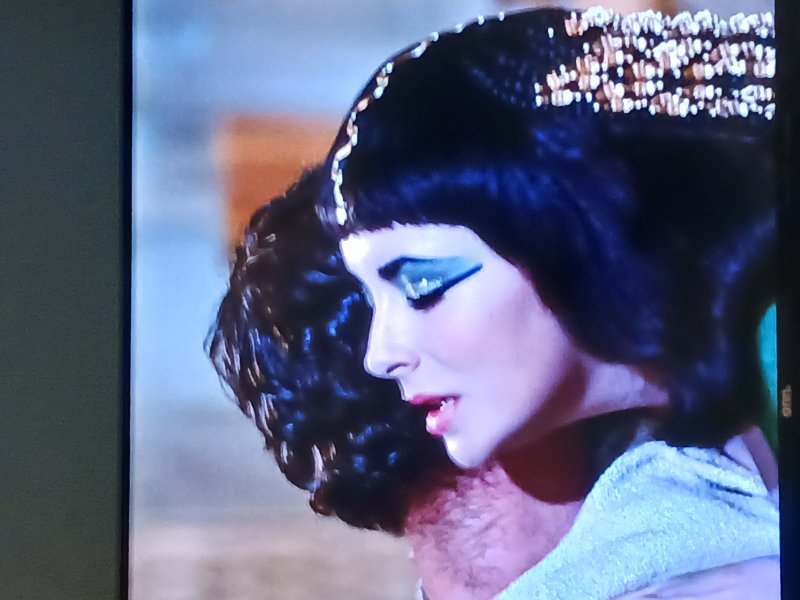- Messages
- 17,483
- Location
- New York City
The Pleasure of His Company from 1961 with Fred Astaire, Lilly Palmer, Debbie Reynolds, Gary Merrill, Tab Hunter, Charles Ruggles and Harold Fong
The Pleasure of His Company is a genuine comedy-drama where both elements get equal attention in this funny, but also serious movie about love, loss, regret and responsibility, all set in the world of upper-class San Francisco.
Debbie Reynolds plays a debutante about to marry a wealthy rancher, played by Tab Hunter. Reynolds' mother, played by Lilli Palmer, and stepfather, played by Gary Merrill, are happily planning for the big day until Tolstoy's stranger comes to town.
Reynolds' father, played by Fred Astaire, has been absent for seemingly all of Reynolds' life, but instead of hating him, she's romanticized his globe-trotting playboy lifestyle. So when Astaire shows up at the beginning of the week of the wedding, Reynolds is excited.
Palmer, though, is not excited to see her ex-husband. She still likes him, that's obvious, but knows his nonchalance brings with it a lot of mischief and disruption. Merrill, as nice a husband and stepfather as one could want, spends the entire movie trying to keep up.
What is Merrill, a nice-guy businessman who pays the bills and makes sure the family's trains run on time, to do when shown up against an international playboy whose entire personality is built on surface charm, romance and excitement?
Reynolds, who's had a comfortable but sheltered upbringing, was content to marry practical Hunter, until sparkling Dad fills her head with tales of world travel. Astaire isn't a bad guy, but his motives are mixed as he's lonely and looking for Reynolds' company.
The movie is really Astaire versus Palmer going mano-a-mano for Reynolds' future with the sidebar that Astaire wouldn't be opposed to winning Palmer back, which seems possible as Palmer hasn't completely lost her itch for Astaire.
Director George Seaton, working with a screenplay based on a Samuel A. Taylor and Cornelia Otis Skinner play, perfectly balances the comedic and dramatic elements as you laugh a lot, but never forget that several futures hang in the balance.
That tension elevates the picture above most comedies of the era where the "drama" is just there to usher in the next joke. Scenes like the one where Reynolds and Astaire share a late-night snack in the kitchen are taut drama smartly tucked inside a comedy.
That scene should be taught in acting classes as two performers, not generally known for their dramatic skills, have you hanging on every word as they, on the surface, casually cut a cake and get some forks, while really discussing their future in a round-about conversation.
The real star, though, of the movie is Palmer. She has Astaire's number from the start - she's his ex-wife after all - but even she isn't immune to his charm. Knowing this, her real mission is to get rid of him while preventing him from thwarting Reynolds' wedding.
Every scene with Palmer is a joy. She's frustrated and angry with, but also aroused by a man she divorced. She knows he isn't good for her or her daughter, but darn it, she likes him.
Poor Merrill can do nothing more than look on from the sidelines to see if he'll keep his wife. Charles Ruggles gets in a few good lines as the bemused grandfather who seems to enjoy watching the drama in his family unfold.
Somewhat taken under Astaire's charming wing, Harold Fong is excellent in the unfortunately stereotypical role of the houseboy, but his talents add some nuance and spark to the part.
Left out in the cold by Astaire (much like Merrill), Hunter, too, surprises, as he spends most of the movie as a macguffin - will Reynolds marry him or not - but then delivers a heck of a dressing down to Astaire toward the end that says this pretty boy had some acting chops in him.
With several on-location scenes shot in San Francisco at a time when the city couldn't have looked more appealing, the movie makes you want to time travel back to that era, especially if you can live in Palmer's beautiful house overlooking San Francisco Bay.
While you think you know what will happen, until the end, everything is up for grabs. The Pleasure of His Company is a comedy that never loses sight of its drama. Fittingly, rapscallion Astaire even pulls a few fun last-minute rabbits out of his hat.
This movie gets surprisingly little attention today from either old-movie fans or Fred Astaire fans. While it's not a musical or dancing movie, Astaire does trip the light fantastic a few times with his wife and daughter. The man is fluid motion even at sixty-two.
There is a moment or two when Fred's "romancing" of his daughter - he wants her to travel with him - feels almost creepy, but maybe that's our modern radar. Overall, The Pleasure of His Company is a smart comedy-drama in the best sense of that genre mashup.
N.B. There was also a book put out based on the play that is a fun fast read. Comments on the book are here: #9,211



